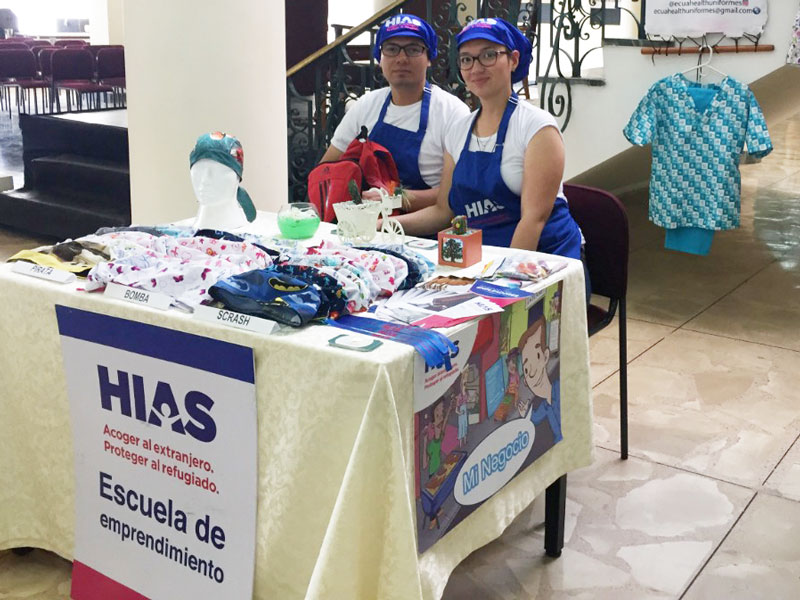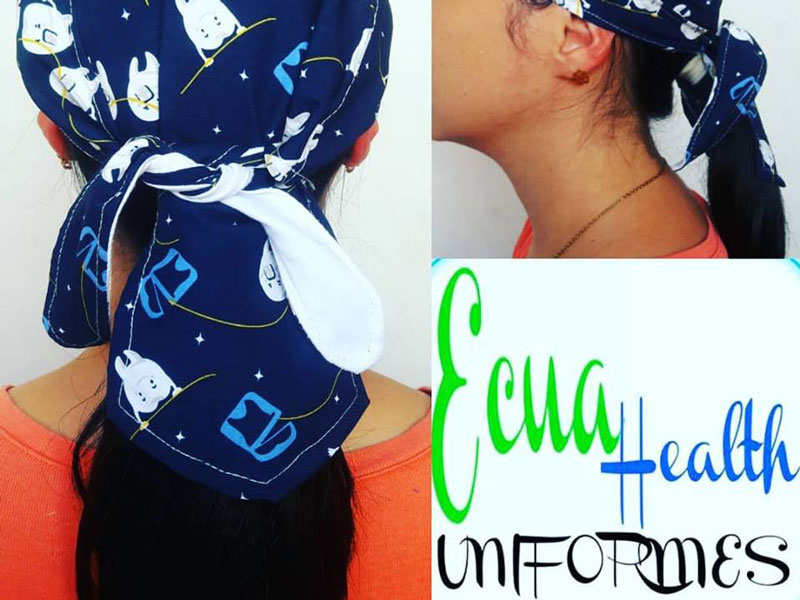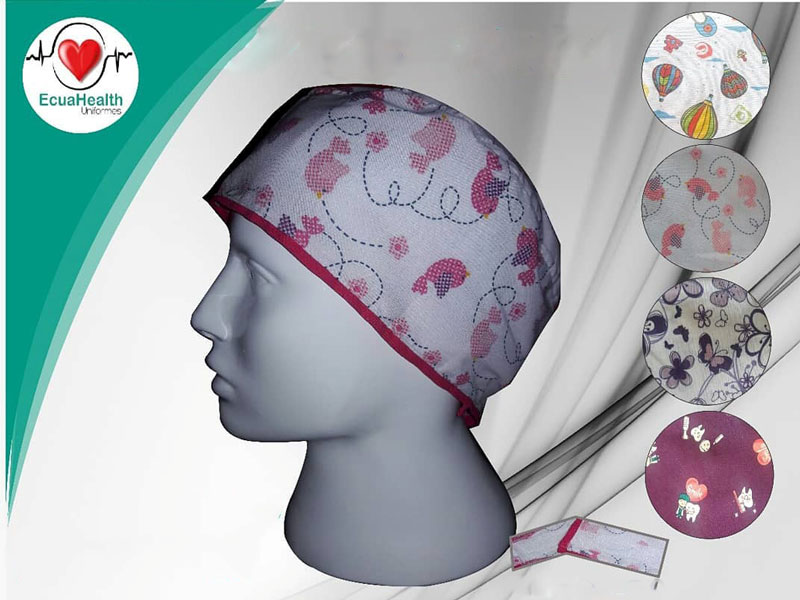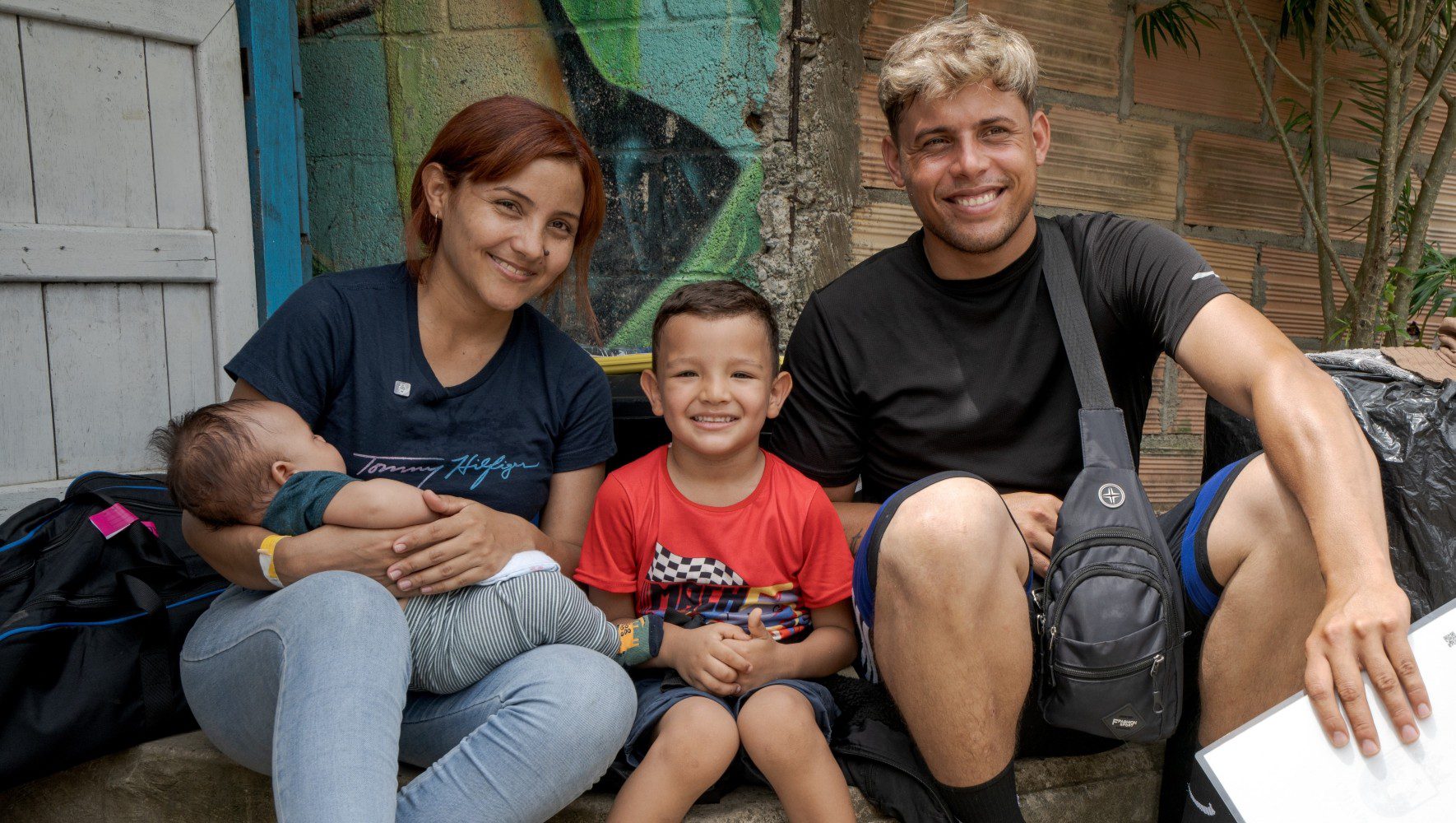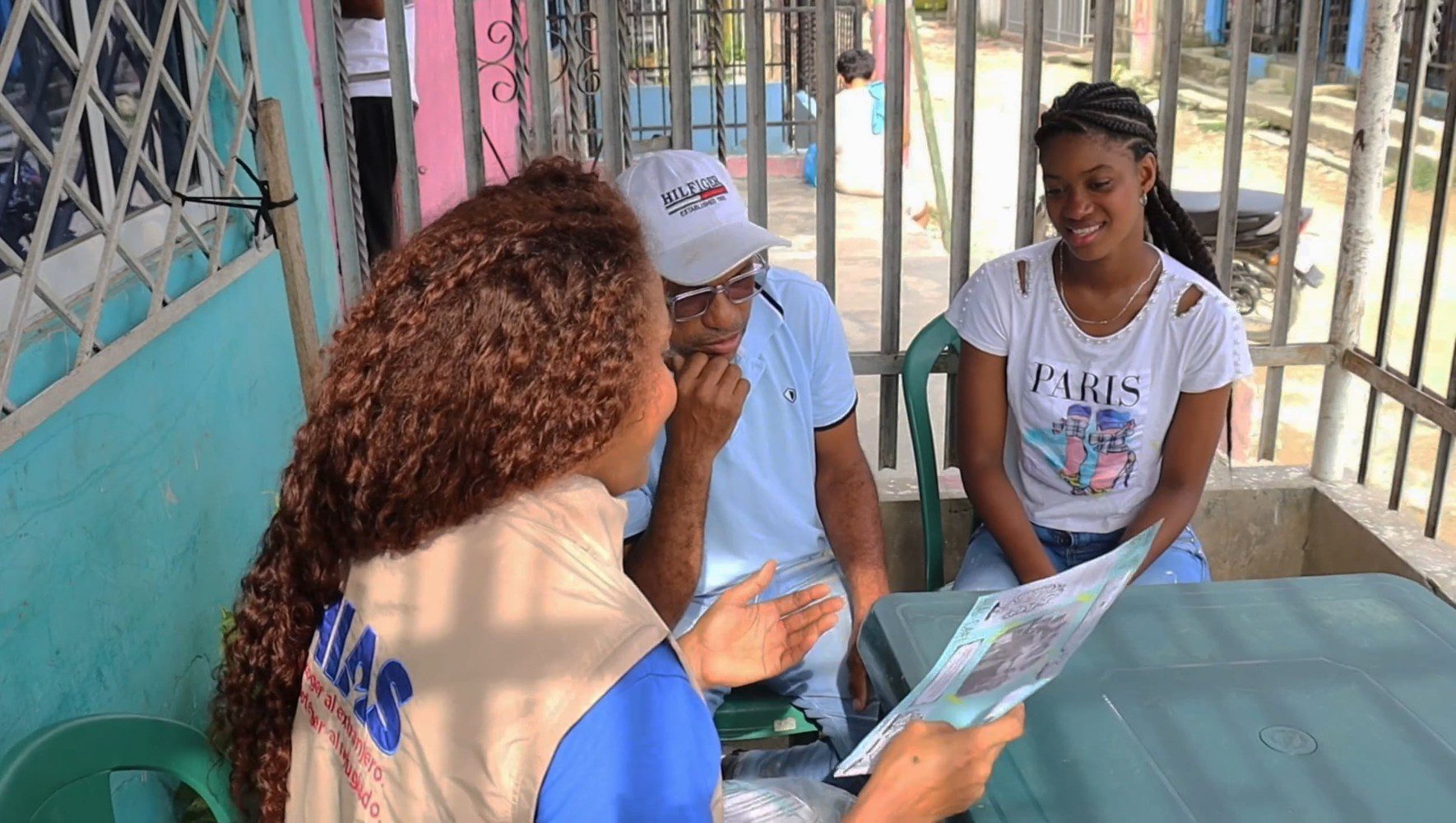A Different Kind of Graduation Helps People to Start Over
By Ximena Gomez, HIAS Ecuador Development Analyst
Jan 23, 2019
Sandra* is a 31-year-old Colombian refugee who arrived in Ecuador in August 2017, with her husband and 5-year-old daughter. Sandra and her family fled their country due to death threats they received from paramilitary groups who asked them for money.
Before coming to Ecuador, Sandra had already moved several times within Colombia, yet she never felt safe. One day, while the family was watching the news, they learned about the work that UNHCR carries out worldwide. They decided to leave everything behind and move to Ecuador to try to rebuild their lives.
Once in Ecuador’s capital city of Quito, UNHCR referred Sandra and her family to the Ministry of Foreign Affairs and Human Mobility so they could file their asylum application, and then to HIAS, so they could receive emergency support and assistance with their local integration. When the family reached HIAS’ offices, they had very little savings and were facing a very difficult financial situation. Though Sandra is a professional nurse and her husband had his own business in Colombia, they would have to start all over again in Ecuador. They felt desperate not knowing what the future held.
Considering their skills and experience, the family was identified as a good candidate or “targeted” for the HIAS/UNHCR Graduation Model Approach, a multi-faceted program that provides material support, training, asset transfers, access to savings, and intensive coaching to “graduate” refugees out of severe poverty. Within this process, clients also receive psychosocial support to help them overcome the emotional effect of their forced displacement. Thousands of families have been targeted for the graduation model; 551 families have graduated so far. In 2019, HIAS will work with 1020 families (200 will be targeted in 2019 and 820 will continue the process they started in 2017-2018).
Despite their certifications and knowledge it was not easy for Sandra and her husband to find a job, so with the support of HIAS’s livelihoods program, the family developed a business plan so they could start their own business. While working on their business idea, Sandra remembered she loved to wear medical uniforms with different colors and designs and thought about a business venture making eye-catching medical uniforms.
After conducting market analysis and further developing their business plan, in March 2018 Sandra received seed capital. With that money, Sandra bought the special fabric she needed for her business and designed colorful and fashionable medical scrubs and caps. She and her husband customized the uniforms and caps according to their clients’ preferences, made designs, and soon began receiving orders.
Several months later Sandra and her husband were invited to participate in the World Refugee Day fair organized by the Ministry of Foreign Affairs at which they presented their products. In August they also participated in a business forum that convened refugee entrepreneurs and representatives of public and private institutions. Sandra and her husband presented their products and their marketing strategies in order to get feedback on how they could improve their business and increase their sales.
As part of the support Sandra received from HIAS, she was also referred to a part-time job opportunity and was hired by TATA Consultancy Services (TCS), the largest IT services multinational company in Latin America, to work as an operator in their call center. In July 2018, HIAS and TCS, signed a cooperation agreement that promotes joint work to benefit refugees.
Recently, Sandra shared her story in a forum on business and human rights organized by HIAS to promote hiring of refugees as well as corporate social responsibility initiatives. She highlighted how important it was that the hiring process at TCS respected her and considered her well-being, and she encouraged other companies to implement human rights principles in their work, as it helps promote refugees’ local integration and contribution to the economy.
Looking back on her experience in Ecuador, Sandra says: “Leaving my country was something I never imagined we would have to do. When we started our business, everything seemed difficult, but as time went by, things improved. Even if we do not understand it, everything happens for a reason, and feeling safe with my family is priceless.”
Sandra and her family continue receiving support from HIAS and they are progressing toward the graduation, that point where the family is self-sufficient and able to save a percentage of their total income for their future or emergencies. They feel more integrated in the country, and thanks to the psychosocial support they received, they feel more emotionally secure. HIAS is proud to have been a central part of Sandra’s success story.
*Sandra is a pseudonym.
